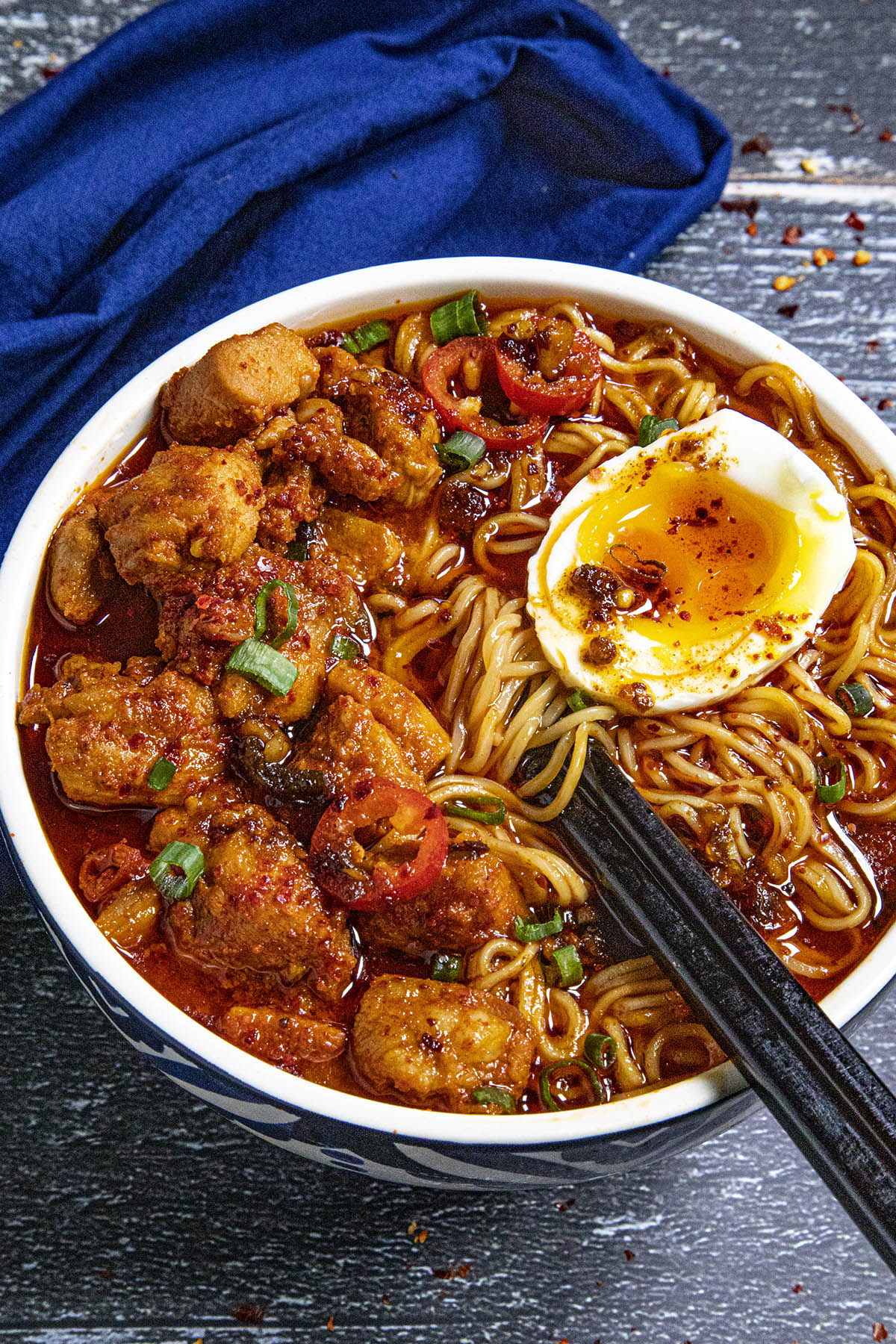Buldak Ramen Recall: What You Need To Know About Listeria Contamination
Buldak ramen, a popular Korean noodle dish known for its extreme spiciness, has gained a significant following around the globe. However, recent news surrounding the "buldak ramen recall listeria" has raised concerns among consumers regarding food safety. The recall highlights the importance of being vigilant about food products and understanding the potential health risks associated with contaminated items. In this article, we will delve into the details surrounding the buldak ramen recall, the implications of listeria contamination, and essential information for consumers.
In the wake of the buldak ramen recall listeria concerns, many individuals have been left wondering how this could happen and what steps they should take to protect themselves. With the increasing popularity of international foods, it is vital for consumers to remain informed about the safety of the products they consume. The situation has prompted food safety agencies to scrutinize production processes and implement more stringent safety measures to prevent such incidents from occurring in the future.
This article aims to provide a comprehensive overview of the buldak ramen recall listeria situation, including its causes, effects, and what consumers should do if they have purchased the affected products. By understanding the risks associated with foodborne illnesses and staying informed about recalls, individuals can make better choices for their health and well-being.
What Led to the Buldak Ramen Recall?
The buldak ramen recall was initiated due to the discovery of listeria monocytogenes in certain batches of the product. This bacterium is known to cause listeriosis, a serious infection that can lead to severe health complications, especially among vulnerable populations such as pregnant women, the elderly, and individuals with weakened immune systems. The Food and Drug Administration (FDA) and the Centers for Disease Control and Prevention (CDC) quickly alerted consumers about the potential risks associated with these contaminated noodles.
What is Listeria and Why is it Dangerous?
Listeria is a type of bacteria that can be harmful if ingested. Although it is commonly found in soil, water, and some animals, it can contaminate food products, particularly those that are not cooked or pasteurized. The symptoms of listeriosis can range from mild flu-like symptoms to severe complications, including meningitis and septicemia. Understanding the risks associated with listeria is crucial for consumers, especially when it comes to food safety.
How Can You Identify Contaminated Buldak Ramen Products?
To identify potentially contaminated buldak ramen products, consumers should check the packaging for the following:
- Product name and brand
- Batch or lot numbers
- Expiration dates
If you have purchased buldak ramen recently, it is advisable to compare the product details with the information released by health authorities regarding the recall. If your product matches the recalled items, it is essential to refrain from consuming it and follow the proper disposal guidelines.
What Should You Do If You Have Affected Buldak Ramen?
If you have purchased buldak ramen that has been recalled due to listeria contamination, you should take the following steps:
- Check the packaging for batch numbers and expiration dates.
- Dispose of the affected product safely.
- Monitor for any symptoms of listeriosis, especially if you belong to a high-risk group.
- Report any adverse health effects to your healthcare provider.
What Are the Symptoms of Listeriosis?
Recognizing the symptoms of listeriosis is essential for prompt treatment. Common symptoms include:
- Fever
- Muscle aches
- Nausea
- Diarrhea
In severe cases, listeriosis can lead to complications such as meningitis, particularly in pregnant women and those with weakened immune systems. If you experience any of these symptoms after consuming buldak ramen, seek medical attention immediately.
How Can Consumers Protect Themselves From Future Recalls?
To minimize the risk of consuming contaminated food products in the future, consumers should consider the following precautions:
- Stay informed about food recalls by checking official sources such as the FDA and CDC.
- Read labels carefully and check for any product advisories.
- Practice safe food handling, including proper cooking and storage techniques.
What Measures Are Being Taken to Improve Food Safety?
In response to incidents like the buldak ramen recall listeria case, food safety agencies are implementing stricter regulations and guidelines for food manufacturers. These measures aim to enhance food safety protocols, including regular inspections, improved testing for contaminants, and better traceability of food products throughout the supply chain.
Conclusion: Staying Informed is Key
The buldak ramen recall listeria situation serves as a reminder of the importance of food safety and consumer awareness. By staying informed about product recalls and understanding the risks associated with foodborne illnesses, consumers can take proactive measures to protect their health and well-being. Whether you are a fan of spicy Korean noodles or any other food product, being vigilant and informed is crucial in today's global food market.
Amy Winehouse's Husband: The Untold Story
Unraveling The Mystery: Deedee Blanchard Autopsy
Amberley Snyder And Tate Watkins: A Love Story Celebrated In Their Beautiful Wedding


